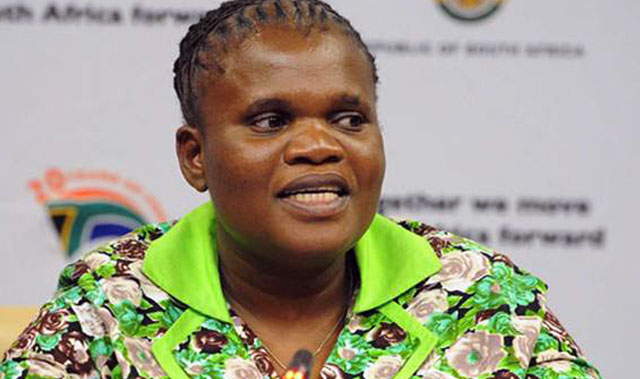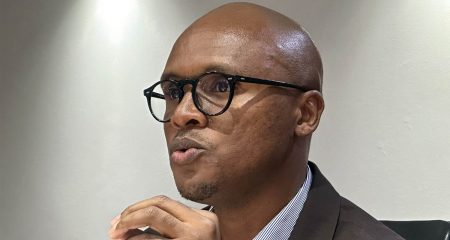
South Africa’s television set-top box tender is coming under the spotlight as an investigation has been launched into its procurement process.
Replying to questions from an ANC member in the national council of provinces in parliament on Thursday, the department of communications said allegations of Chinese imports have sparked a wider investigation.
Earlier this year, the Universal Service & Access Agency of South Africa (Usaasa), which reports into the department of telecommunications & postal services, awarded South Africa’s R4,3bn set-top box tender to 26 bidders.
Set-top boxes will decode digital signals for analogue television sets when South Africa makes its broadcast switchover. Government plans to subsidise these devices for 5m poorer households.
The department’s investigation comes after Democratic Alliance MP Marian Shinn said in September that her party had discovered a press release from Chinese telecommunications firm Shenzhen which said “its factory in Johannesburg — co-owned by local company BUA Africa — successfully completed its first shipment, delivering a total of 70 000 set-top boxes across South Africa”.
Shinn said that BUA Africa is not one of the 26 South African companies awarded the set-top box tender. Also, South Africa’s tender further requires that 30% of the devices must be South African sourced.
“These allegations further warrants the department to institute a formal investigation into the entire process of the procurement of set-top boxes, antennae and satellite dishes by Usaasa,” said the department of communications in its reply in the national council of provinces.
“We have engaged the services of the national treasury, in particular the fraud and risk unit, to conduct an investigation into the procurement process,” said the department.
Department of communications spokesman Mishack Molakeng did not want to comment further on the probe.
Meanwhile, Usaasa CEO Zami Nkosi said on Friday that BUA Africa was formerly known as South Africa’s Namec Microtronix, one of the set-top box tender winners.
He also commented on the planned probe. “The department has not communicated its intentions to us. However, Usaasa is a public entity entrusted with public funds that is not opposed to any form of scrutiny,” Nkosi said.

“We will open ourselves up and co-operate with whoever will conduct this investigation,” said Nkosi.
Meanwhile, the DA’s Marian Shinn has welcomed the probe.
“The rumours of imported set-top boxes from China has been the most persistent one during the past few years, so I am delighted that the minister has seen fit to contemplate starting an investigation into this,” Shinn said.
“But it seems from the reply that this investigation may not uncover the full truth as she refers to investigating the ‘procurement process’. I would like to see the full terms of national treasury’s investigation before being too optimistic that it will uncover the full truth. I would have liked her to initiate an open and independent investigation into the whole supply chain process in the manufacture and assembly of the set-top boxes,” Shinn added.
The planned probe is just the latest in a series of controversies regarding South Africa’s digital migration process.
Earlier this month, the ANC’s communications subcommittee chair Jackson Mthembu said that the ruling party planned to have an “urgent” meeting with communications minister Faith Muthambi over her decisions regarding set-top box encryption.
The ANC had previously called for the boxes to carry encryption — a technology that is said to protect content from being pirated, help boost free-to-air broadcasters in providing quality content and enable switching off of stolen boxes.
However, Muthambi earlier this year changed South Africa’s broadcast digital migration policy to ensure that the subsidised set-top boxes don’t require encryption.
In June, the high court also ruled against broadcaster e.tv’s challenge of Muthambi’s decision not to encrypt set-top boxes.
Judge WRC Prinsloo in his judgment sided with public broadcaster, the SABC, and M-Net’s arguments that encryption would add to government’s costs for the 5m subsidised devices and that it’s not needed for high-definition content.
Amid the wrangling among broadcasters, South Africa in June 2015 missed an International Telecommunication Union deadline to switch over to digital broadcasts. South Africa committed to the ITU to do the switchover in 2006.
Digital migration is key to South Africa’s efforts to shift broadcasters off analogue frequenciees that in turn can be used for faster broadband services. — Fin24




